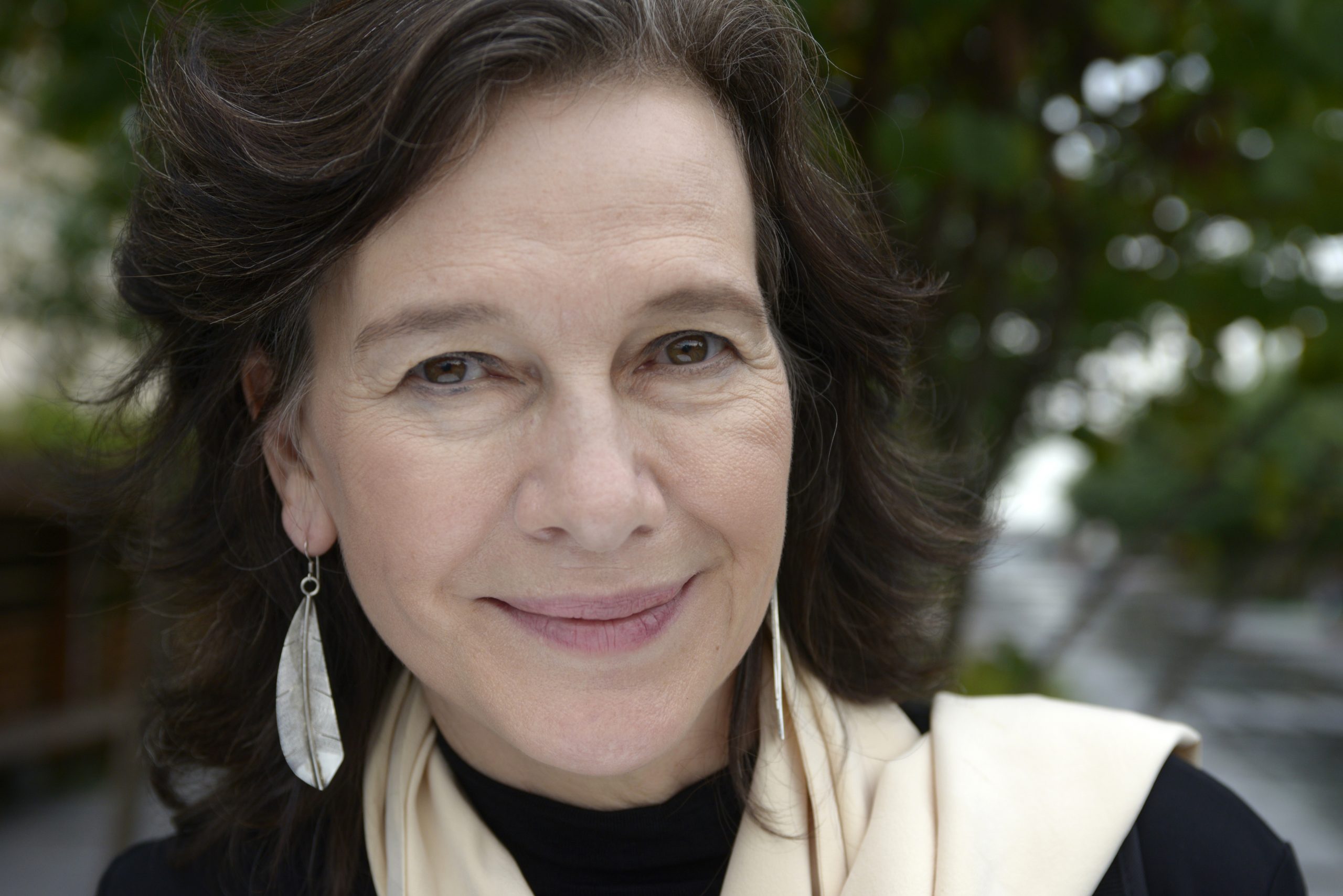
Native American author and Minnesota native Louise Erdrich is coming to the defense of Olga Viso, who last week announced that she would be stepping down after a decade as the executive director at the Walker Art Center in Minneapolis. No reason was cited for Viso’s departure, but earlier this year, the museum was besieged by controversy over Sam Durant‘s Scaffold, a public artwork inspired by historic US executions. Erdrich’s letter to the Minneapolis Star Tribune suggests that the departure is connected, and makes a passionate case for Viso to stay.
“I am positive that if Olga were male, she would not be serving the board at the Walker as its scapegoat,” wrote Erdrich. She goes on to note Viso’s willingness to listen to and engage with the local Native community about the issues raised by Scaffold.
Shortly before the June grand reopening of the Minneapolis Sculpture Garden, members of the local Native American community were disturbed to discover that Durant’s work evoked the massive gallows built for the largest mass execution in US history, the 1862 hanging of 38 Dakota men in nearby Mankato.
The Walker had not reached out to the Native community prior to the sensitive work’s acquisition or installation. As Viso realized the museum had failed to account for the sensitive nature of the piece, she published a blog post acknowledging that Native Americans had reason to find the work disturbing, admitting that the installation could have been handled differently. Protests erupted around the artwork.
Amid fierce public debate, Viso worked with local tribal leaders to help reach a satisfying resolution. Following an extensive dialogue with the Native American community, the museum and the artist agreed to turn over Scaffold to the tribe, which ceremonially buried it.
Erdrich is not the only person to speak up for Viso. “She didn’t have to have open meetings with the community… none of that was required. But she chose to open her doors,” Lakota artist Dyani White Hawk told the Tribune for a story about the outgoing director’s legacy. White Hawk met with Viso to discuss the recent Jimmie Durham exhibition, another point of controversy because the self-identified Cherokee artist is not officially recognized by the tribe.
Cheyanne St. John, the Lower Sioux Indian Community in Minnesota’s tribal history preservation officer, spoke to ARTnews for an article about Viso’s handling of Scaffold. He seemed to indicate that, should the Scaffold controversy truly be the reason Viso left, it would mark a step back for the institution.
“There’s going to be some slack that’s going to have to be picked up once the tribes are back at the table,” St. John said, “because Olga has this comprehensive understanding, from beginning to end. Who now is going to work with us?”
As of publication time, the Walker had not responded to artnet News’s request for comment about the letter.
Read Erdrich’s full letter below.
A person’s on-the-job experience brings added value to their vision. Olga Viso, the Cuban-American executive director at the Walker Art Center, has climbed a very steep learning curve this year (“Walker boss resigns after a tense year,” Nov. 15). In addition to the world-class gifts she originally brought to the Walker, she showed grace under pressure, a commitment to listening to and learning from the Dakota community, and she is the reason the gorgeous and unprecedented show “Adiós Utopia” is now installed in our city.
Acquiring “Scaffold” didn’t magically happen because Olga said so. It was a joint process, and the board was of course involved. Olga took the heat and remained steady. She committed herself to healing and learning. I am positive that if Olga were male, she would not be serving the board at the Walker as its scapegoat.
Olga has raised the Walker to a new level of excellence, and she has also forged its first real ongoing alliances among the local Native community. I have been at meetings where she listened — truly listened — to painful truths. The education she was willing to receive cannot be easily acquired. If the board at the Walker had a real sense of how valuable Olga has become to their institution in terms of this knowledge, they would immediately reinstate her.